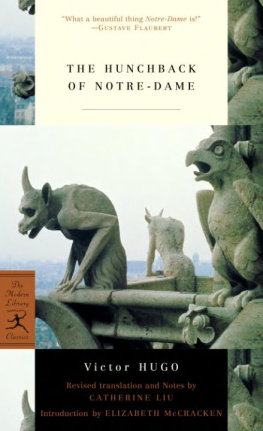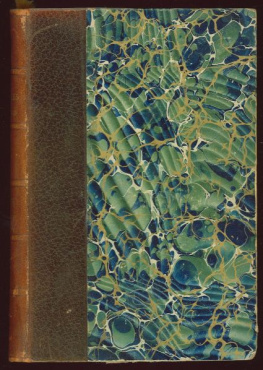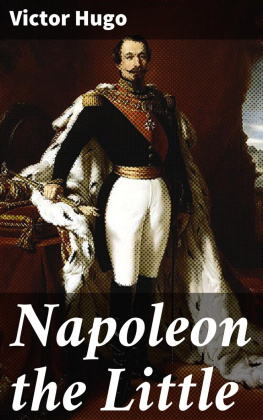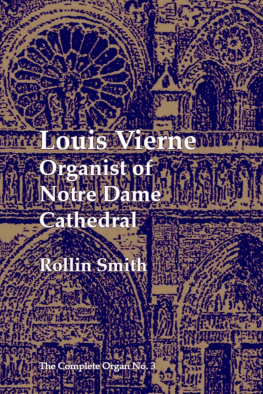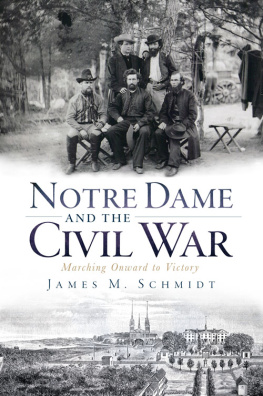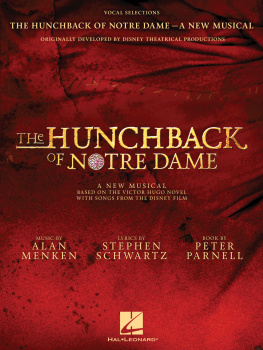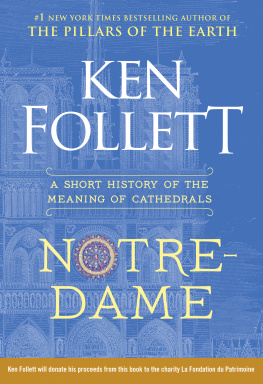
Great Clarendon Street, Oxford OX2 6DP
Oxford University Press is a department of the University of Oxford.
It furthers the Universitys objective of excellence in research, scholarship,
and education by publishing worldwide in
Oxford New York
Auckland Bangkok Buenos Aires Cape Town Chennai
Dar es Salaam Delhi Hong Kong Istanbul Karachi Kolkata
Kuala Lumpur Madrid Melbourne Mexico City Mumbai Nairobi
So Paulo Shanghai Singapore Taipei Tokyo Toronto
with an associated company in Berlin
Oxford is a registered trade mark of Oxford University Press
in the UK and in certain other countries
Published in the United States
by Oxford University Press Inc., New York
Translation and editorial material Alban Krailsheimer 1993
The moral rights of the author have been asserted
Database right Oxford University Press (maker)
First published as a Worlds Classics paperback 1993
Reissued as an Oxford Worlds Classics paperback 1999
All rights reserved. No part of this publication may be reproduced, stored in a retrieval system, or transmitted, in any form or by any means, without the prior permission in writing of Oxford University Press, or as expressly permitted by law, or under terms agreed with the appropriate reprographics rights organizations. Enquiries concerning reproduction outside the scope of the above should be sent to the Rights Department, Oxford University Press, at the address above
You must not circulate this book in any other binding or cover
and you must impose this same condition on any acquirer
British Library Cataloguing in Publication Data
Data available
Library of Congress Cataloging in Publication Data
Hugo, Victor, 18021885.
[Notre-Dame de Paris. English]
Notre-Dame de Paris / Victor Hugo; translated with an introduction
and notes by Alban Krailsheimer.
p. cm.
1. FranceHistoryLouis XI, 14611483Fiction.
2. Paris (France)HistoryTo 1515Fiction.
I. Krailsheimer, A. J. II. Title.
PQ2288.A35 1993 843.7dc20 92-38259
ISBN 019283701X
3 5 7 9 10 8 6 4
Printed in Great Britain by
Clays Ltd., St Ives plc
OXFORD WORLDS CLASSICS
For over 100 years Oxford Worlds Classics have brought readers closer to the worlds great literature. Now with over 700 titles-from the 4,000-year-old myths of Mesopotamia to the twentieth centurys greatest novelsthe series makes available lesser-known as well as celebrated writing.
The pocket-sized hardbacks of the early years contained introductions by Virginia Woolf, T. S. Eliot, Graham Greene, and other literary figures which enriched the experience of reading. Today the series is recognized for its fine scholarship and reliability in texts that span world literature, drama and poetry, religion, philosophy, and politics. Each edition includes perceptive commentary and essential background information to meet the changing needs of readers.
Refer to the to navigate through the material in this Oxford Worlds Classics ebook. Use the asterisks (*) throughout the text to access the hyperlinked Explanatory Notes.
OXFORD WORLDS CLASSICS

VICTOR HUGO
Notre-Dame de Paris

Translated with an Introduction and Notes by
ALBAN KRAILSHEIMER

OXFORD WORLDS CLASSICS
NOTRE-DAME DE PARIS
VICTOR HUGO was born in Besanon in 1802, the youngest of three sons of an officer (eventually a general), who took his family with him from posting to posting, as far as Italy and Spain. In 1812 his parents separated, and Madame Hugo settled in Paris with her sons. Victors prolific literary career began with publication of poems (1822), a novel (1823), and a drama, Cromwell (1827), the preface of which remains a major manifesto of French Romanticism. The riot occasioned at the first performance of his drama Hernani (1830) established him as a leading figure among the Romantics, and Notre-Dame (1831) added to his prestige at home and abroad. Favoured by Louis-Philippe (1830-48), he chose exile rather than live under Napoleon III (President 1848, Emperor 1851). In exile in Brussels (1851), Jersey (1853), and Guernsey (1855) he wrote some of his finest works, notably the satirical poems Les Chtiments (1853), the first of a series of epic poems, Lgende des sicles (1859), and the lengthy novel Les Misrables (1862). Only with Napoleon IIIs defeat and replacement by the Third Republic did Hugo return, to be elected deputy, and later senator. His opposition to tyranny and continuing immense literary output established him as a national hero. When he died in 1885 he was honoured by interment in the Panthon.
A. J. KRAILSHEIMER was Emeritus Student and Tutor in French at Christ Church, Oxford from 1957 until his retirement in 1988. His published work is mostly on the sixteenth and seventeenth centuries, but among his translations are Balzacs Pre Goriot, Flauberts Three Tales (both also in Oxford Worlds Classics), Salammb, and Bouvard et Pcuchet.
CONTENTS
INTRODUCTION
(NOTE: Readers who do not want to know beforehand the plot of Notre-Dame de Paris might prefer to read this Introduction after the book itself.)
TODAY, more than a hundred years after Hugos death, it is difficult, if not impossible, to approach the man and his work with an open mind. His remains were enthusiastically borne to the Panthon in 1885, to join those of such other great men as Voltaire and Rousseau; he endured exile for nearly twenty years for speaking his mind against Napoleon III; he fought a spirited campaign all his life against capital punishment. His vast literary output includes some of the most notable poetry in French in both the lyric and the epic mode. His dramatic work was an integral part of the Romantic movement: although his plays are of very varying quality, the preface to the virtually unactable Cromwell (1827) is probably better known than any other manifesto of Romanticism, while Hernani literally caused a riot in the theatre at its first performance in February 1830. More to the immediate point, his two best-known novels have inspired several film versions of The Hunchback of Notre-Dame (a title, incidentally, going back to the English translation of the novel in 1833) and stage, as well as film, versions of parts of Les Misrables, the most recent of which has proved a commercial success as a musical. On the subject of music, it is worth noting that as early as 1851 Verdi took Hugos drama Le Roi samuse (banned as subversive after its first performance in 1832) as the basis for his opera Rigoletto (another hunchback hero ). The sheer energy and range of Hugos writings, and indeed of the man himself in his life from day to day, should not be allowed to obscure the fact that all is by no means sound and fury: his poetry includes many examples of a more reflective, elegiac lyricism.
It would be misleading here to treat Notre-Dame in the light of Hugos later novels, or as a stage in his long development as man and writer. What matters is the book itself, the experiences, literary and other, which helped to shape it, and, not least, features of the novels structure and composition which are by no means obvious to an uninitiated reader.
Next page

